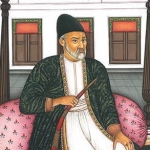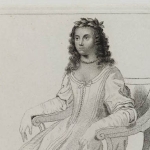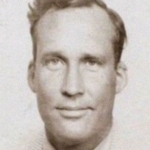No, I wasn’t meant to love and be loved.
If I’d lived longer, I would have waited longer.
Knowing you are faithless keeps me alive and hungry.
Knowing you faithful would kill me with joy.
Delicate are you, and your vows are delicate, too,
so easily do they break.
You are a laconic marksman. You leave me
not dead but perpetually dying.
I want my friends to heal me, succor me.
Instead, I get analysis.
Conflagrations that would make stones drip blood
are campfires compared to my anguish.
Two-headed, inescapable anguish!—
Love’s anguish or the anguish of time.
death would be fine, if I only died once.
I would have liked a solitary death,
not this lavish funeral, this grave anyone can visit.
You are mystical, Ghalib, and, also, you speak beautifully.
Are you a saint, or just drunk as usual?




















Comment form: